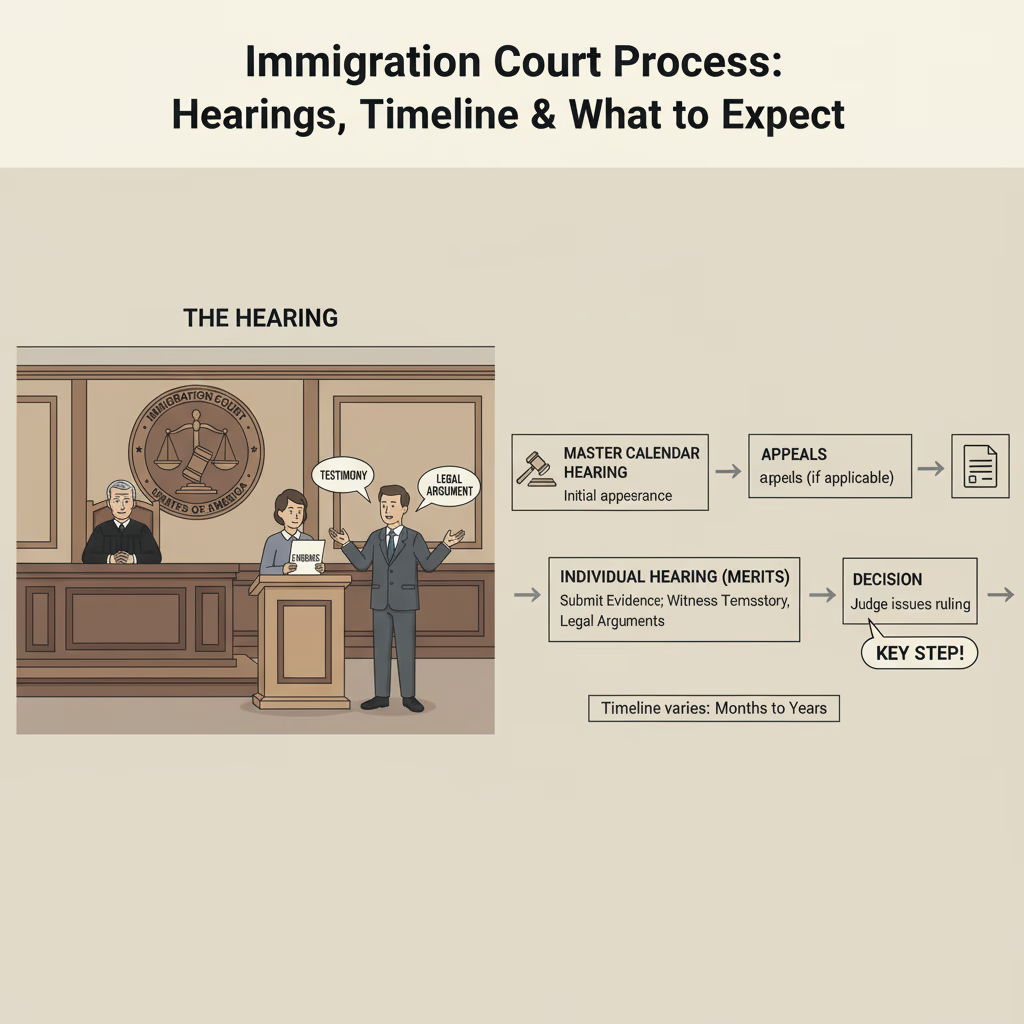Immigration remains one of the most debated topics worldwide, particularly when it comes to its effects on the labor market. Some argue that immigration may suppress wages and strain public resources, creating challenges for native-born workers. However, research also highlights immigrants’ crucial role in filling labor shortages, driving economic growth, and fostering innovation.
This blog explores the dual impact of immigration on the labor market, addressing key arguments from both sides. By the end, readers will have a clearer understanding of the complexities surrounding immigration and its effect on jobs and wages.
How Immigration Can Depress Wages
Critics of immigration often argue that an influx of low-skilled workers increases labor supply, which puts downward pressure on wages, particularly in fields where competition for jobs is high. They point to studies in sectors like construction, hospitality, and low-skilled manufacturing, where native workers may experience wage stagnation or slight declines.
For example, a 2017 study by George Borjas, a Harvard economist, found that wages for high school dropouts in the U.S. decreased by approximately 3%–5% due to the influx of immigrant workers. This group often competes directly with immigrants in low-skilled jobs, which can result in downward wage adjustments.
Additionally, some argue that immigration may lead to greater job insecurity for native workers in specific industries, particularly those vulnerable to outsourcing or automation. Critics contend that this disruption can contribute to broader economic inequality.
However, while concerns about wage suppression are valid in certain contexts, they don’t paint the full picture. A comprehensive analysis must consider other facets of immigration, particularly its contributions to the economy.
Immigrants as Essential Contributors to the Labor Force
Far from being a burden, immigrants are foundational to the workforce in many critical sectors. Industries such as agriculture, healthcare, and construction rely heavily on immigrant labor to meet demand, especially in roles often deemed undesirable or difficult by native-born workers.
- Agriculture: According to the U.S. Department of Agriculture, approximately 73% of farmworkers in the U.S. are immigrants, with many playing an essential role in food production and harvest. Without their contributions, many farms would struggle to operate, leading to increased food prices and shortages.
- Healthcare: The healthcare sector is another prime example. Immigrants make up about 17% of healthcare workers in the U.S., including doctors, nurses, and home health aides, as reported by the Migration Policy Institute. With aging populations in many countries, their participation has become indispensable for addressing growing healthcare demands.
- Construction: Data from Pew Research indicates that immigrants constitute nearly 24% of the construction workforce in the U.S., providing critical labor in building projects ranging from housing developments to infrastructure improvements.
These examples highlight the significant role immigrants play in sustaining the economy and ensuring that essential services continue to run smoothly.
Immigration Helps Address Labor Shortages
Labor shortages have become a critical challenge for economies worldwide, particularly in industries requiring manual labor or specialized skills. Immigrants help bridge these gaps, filling roles that native-born workers are often unwilling or unable to take.
The agriculture industry is an excellent case study. With declining numbers of native-born workers entering farming, immigrant labor has become essential. A report from the Farm Bureau highlighted that stricter immigration policies could lead to a labor shortage of up to 2 million workers in U.S. agriculture. Such shortages would have ripple effects across the entire food supply chain.
Beyond manual labor, immigrants also address skill gaps in advanced fields like technology and engineering. For example, the tech industry in the U.S. heavily relies on immigrant talent, with foreign-born workers making up 25% of all STEM (science, technology, engineering, and math) occupations. These workers not only help businesses grow but also ensure that companies remain globally competitive.
Fueling Economic Growth and Innovation
Immigrants are key drivers of economic growth, entrepreneurship, and innovation. Many immigrant workers transition into owning businesses, creating jobs not only for themselves but also for others. Data from the National Foundation for American Policy shows that immigrants founded 55% of the U.S.’s billion-dollar startups, including household names like Uber, Tesla, and Zoom.
Further, immigrant entrepreneurs operate more than 3 million businesses in the United States, generating approximately $1.3 trillion in sales annually and employing millions of workers.
The benefits extend beyond business ownership. Immigrants bring diverse perspectives and new ideas, fostering innovation across industries. Research has shown that regions with higher immigrant populations tend to experience greater economic dynamism and higher productivity levels.
Additionally, many high-skilled immigrants contribute directly to advancements in technology and science. Immigrants were awarded more than 30% of Nobel Prizes awarded to U.S.-based researchers since 2000—a testament to their role in driving global innovation.
Immigration and the Labor Market: Striking a Balance
The debate about immigration’s impact on the labor market is far from black and white. While it’s true that immigration can affect wages and lead to competition in certain low-skilled job markets, the broader picture reveals that immigration plays a vital role in sustaining economies, addressing labor shortages, and fostering innovation.
Policymakers must strike a balance between addressing the challenges posed by immigration and capitalizing on its benefits. This means implementing thoughtful policies that support both immigrants and native-born workers, ensuring fair wages and opportunities for everyone.
Immigration is not just about numbers; it’s about individuals contributing to their new communities and economies in meaningful ways. By approaching the immigration discussion with nuance and empathy, we can move closer to solutions that benefit society as a whole.






